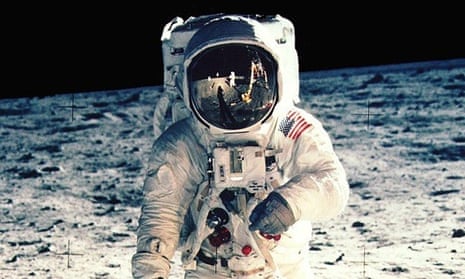Washington, May 25.
President Kennedy delivered a special message to Congress at noon today on urgent national needs. It was his first address to a joint session of Congress since his State of the Union Message on January 20.
He called upon the nation to make new sacrifices for peace and freedom. In particular he asked the American people to accept new expenditures ranging between an estimated $7,000 millions to $9,000 millions over the next five years to meet Russia’s challenge in outer space and to give the United States the chance to be first in the race to land a man safely on the moon and bring him back to earth.
President Kennedy said that he was looking forward to his visit to France and to his discussion with “the great captain of the Western world,” President de Gaulle, as a meeting of particular significance that would permit the kind of close and far-ranging consultation which would strengthen both parties and serve their common purposes of world peace and liberty.
Great asset
Mr Kennedy said the United States had a great asset in its desire for peace.
“We are proving it in our patience at the test ban table, and we are proving it in the United Nations where our efforts have been directed towards maintaining that organisation’s usefulness as a protector of the small. In these and other instances the response of our opponents has not been encouraging.
“Yet it is important that they should know that our patience at the bargaining table is nearly inexhaustible, though our credulity is limited; that our hopes for peace are unfailing, while our determination to protect our security is resolute. For these reasons I have long thought it wise to meet with the Soviet Premier for a personal exchange of views.”
At the start of his address President Kennedy was anxious to remove any lingering impression that he had proclaimed a new Kennedy doctrine for the protection of this hemisphere. The United States was not committed to a negative or defensive role but was engaged in a great positive adventure for freedom and peace. “We stand for freedom. That is our conviction for ourselves - that is our only commitment to others,” he said.
He also asked for an increase of $2,400,000 for the US Information Agency so that its total budget will now amount to $121 millions.
To meet the changing conditions of power, President Kennedy went on, he had endorsed an increased emphasis on NATO’s conventional strength. At the same time he was affirming his conviction that the NATO nuclear deterrent must also be kept strong. He asked the military assistance programme to be raised from previous figure of $1,600 millions to $1,885 millions.
Then the President outlined a new six-point programme dealing with defence policy and national intelligence programmes. In the first place he is directing the Secretary of Defence to undertake a complete reorganisation and modernisation of the Army’s divisional structure, to increase its non-nuclear fire power, to improve its tactical mobility in any environment, to ensure it flexibility to meet any direct or indirect threat, to facilitate its co-ordination with major allies, and to provide modern mechanised divisions in Europe and to bring their equipment up to date, and also to provide new airborne brigades for both the Pacific area and Europe.
Secondly, he asked Congress for an additional $100 millions to re-equip this new Army structure with the most modern material. Thirdly, he was directing the Secretary of Defence to expand regularly and substantially the use of existing forces for the conduct of non-nuclear war, guerrilla operations, and limited or conventional wars.
Rapid deployment
Fourthly, the Army was developing plans to make possible a much more rapid deployment of a major portion of its highly trained reserve forces. When these plans are completed, and the reserve is strengthened, two combat equipped divisions, with their supporting forces, a total of 89,000 men, could be ready in an emergency for operations with only three weeks’ notice.
Fifthly, the President asked Congress for an additional $60 millions to increase the strength of the Marine Corps to 190,000 men. Lastly President Kennedy referred to the need for increased emphasis on national intelligence programmes.
Mr Kennedy then urged Congress to endorse a large scale of Civil Defence programme. There was “no point” in delaying the start of a national long range programme to increase the nation’s capacity to resist a nuclear attack. Measures would be required for warning, training, radiological monitoring, and stockpiling of food and medicines.
Rocket research
Finally the President outlined his new programme on outer space. The United States was now required “to make new efforts.” He asked Congress to sanction four major national goals as guides to a programme for the conquest of outer space. In the first place he believed that the United States should commit itself to achieving the goal, before the decade is out, of landing a man on the moon and returning him safely to earth. Including necessary supporting research, this objective would require an additional $531 millions this year and still higher sums in the future.
Secondly, he asked Congress to vote an additional $23 millions, together with $7 millions already available, to accelerate the development of the Rover nuclear rocket. Thirdly, he wanted an additional $50 millions to make the most of “our present leadership” by accelerating the use of space satellites for worldwide communications. Lastly he asked for an additional $75 millions, of which $53 millions is for the Weather Bureau, to give the United States at the earliest possible time a satellite system for worldwide weather observation. He asked the whole country to unite with him in putting into operation a new programme that would move with the “full speed of freedom” in the exciting adventure of space.

Comments (…)
Sign in or create your Guardian account to join the discussion